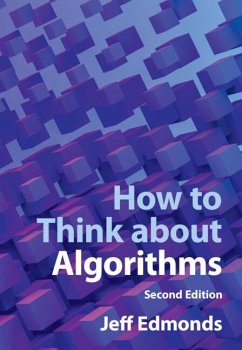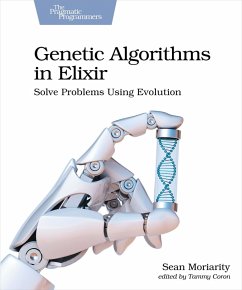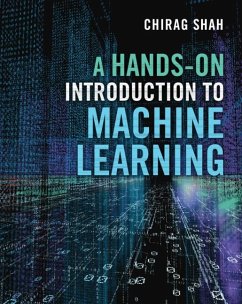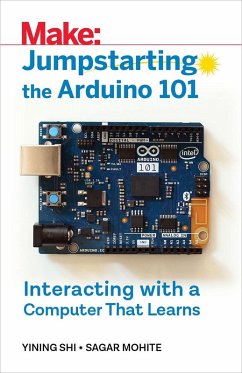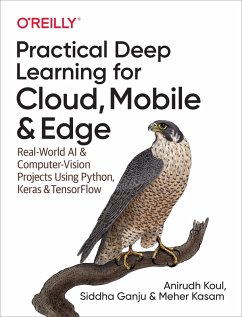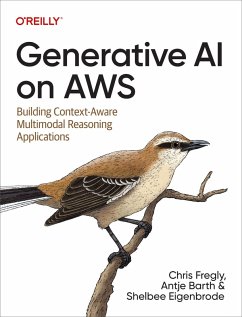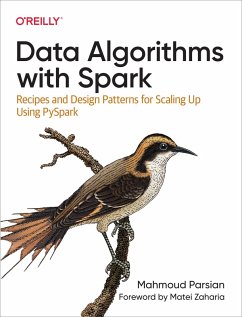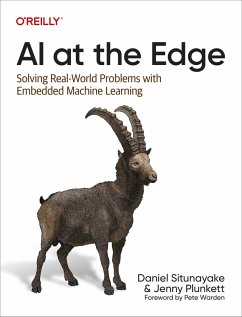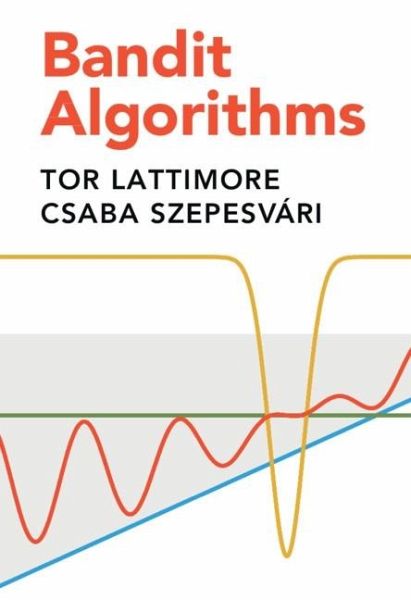
Bandit Algorithms (eBook, PDF)
Versandkostenfrei!
Sofort per Download lieferbar
38,95 €
inkl. MwSt.
Weitere Ausgaben:

PAYBACK Punkte
19 °P sammeln!
Decision-making in the face of uncertainty is a significant challenge in machine learning, and the multi-armed bandit model is a commonly used framework to address it. This comprehensive and rigorous introduction to the multi-armed bandit problem examines all the major settings, including stochastic, adversarial, and Bayesian frameworks. A focus on both mathematical intuition and carefully worked proofs makes this an excellent reference for established researchers and a helpful resource for graduate students in computer science, engineering, statistics, applied mathematics and economics. Linea...
Decision-making in the face of uncertainty is a significant challenge in machine learning, and the multi-armed bandit model is a commonly used framework to address it. This comprehensive and rigorous introduction to the multi-armed bandit problem examines all the major settings, including stochastic, adversarial, and Bayesian frameworks. A focus on both mathematical intuition and carefully worked proofs makes this an excellent reference for established researchers and a helpful resource for graduate students in computer science, engineering, statistics, applied mathematics and economics. Linear bandits receive special attention as one of the most useful models in applications, while other chapters are dedicated to combinatorial bandits, ranking, non-stationary problems, Thompson sampling and pure exploration. The book ends with a peek into the world beyond bandits with an introduction to partial monitoring and learning in Markov decision processes.
Dieser Download kann aus rechtlichen Gründen nur mit Rechnungsadresse in A, B, BG, CY, CZ, D, DK, EW, E, FIN, F, GR, HR, H, IRL, I, LT, L, LR, M, NL, PL, P, R, S, SLO, SK ausgeliefert werden.




